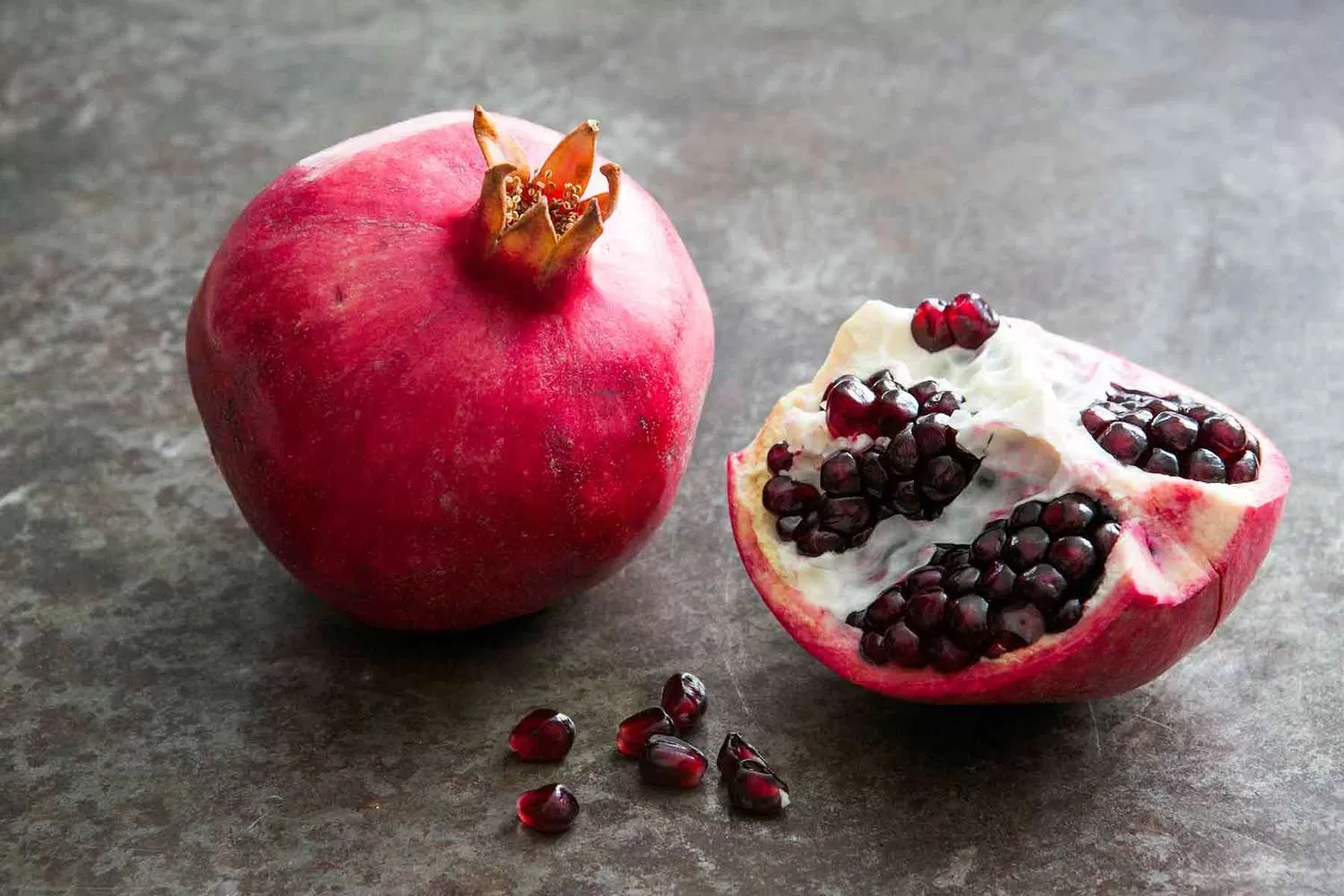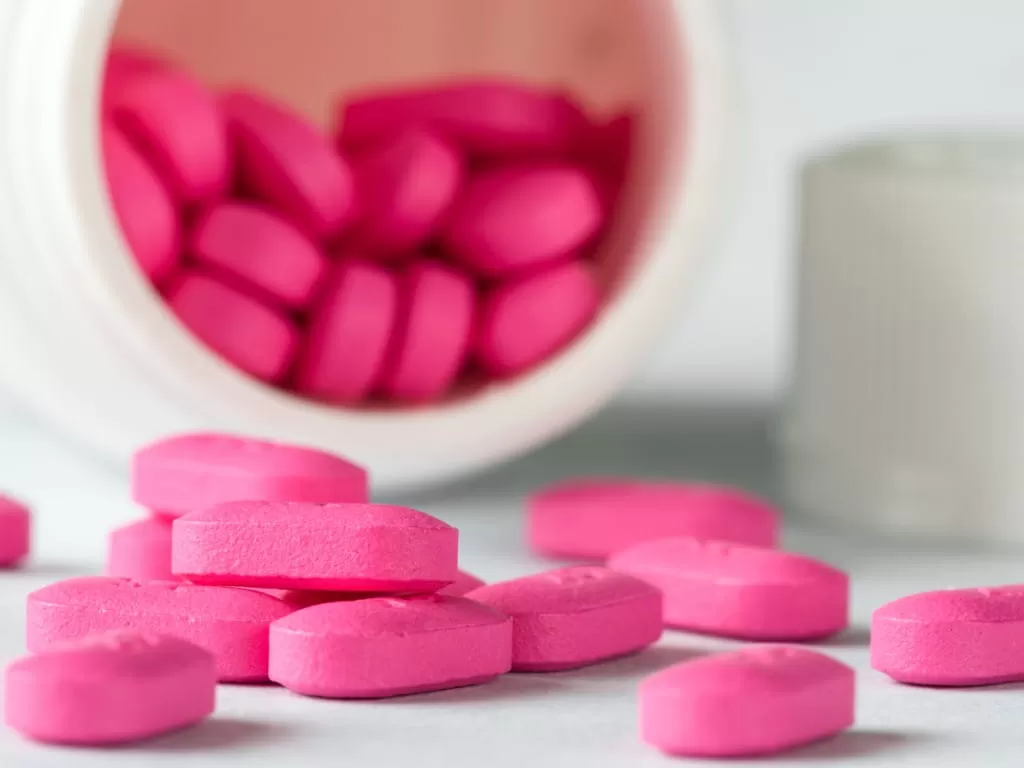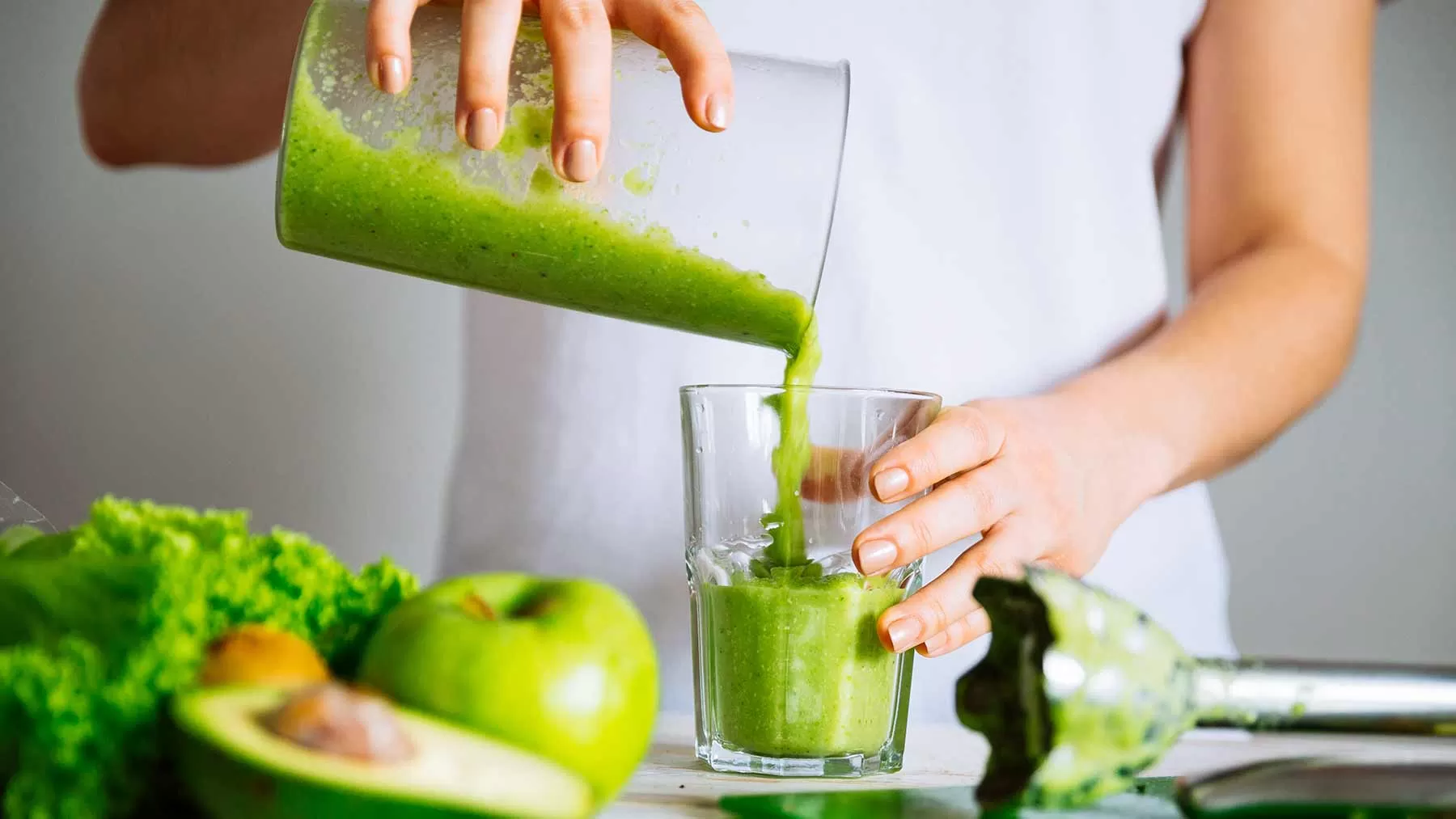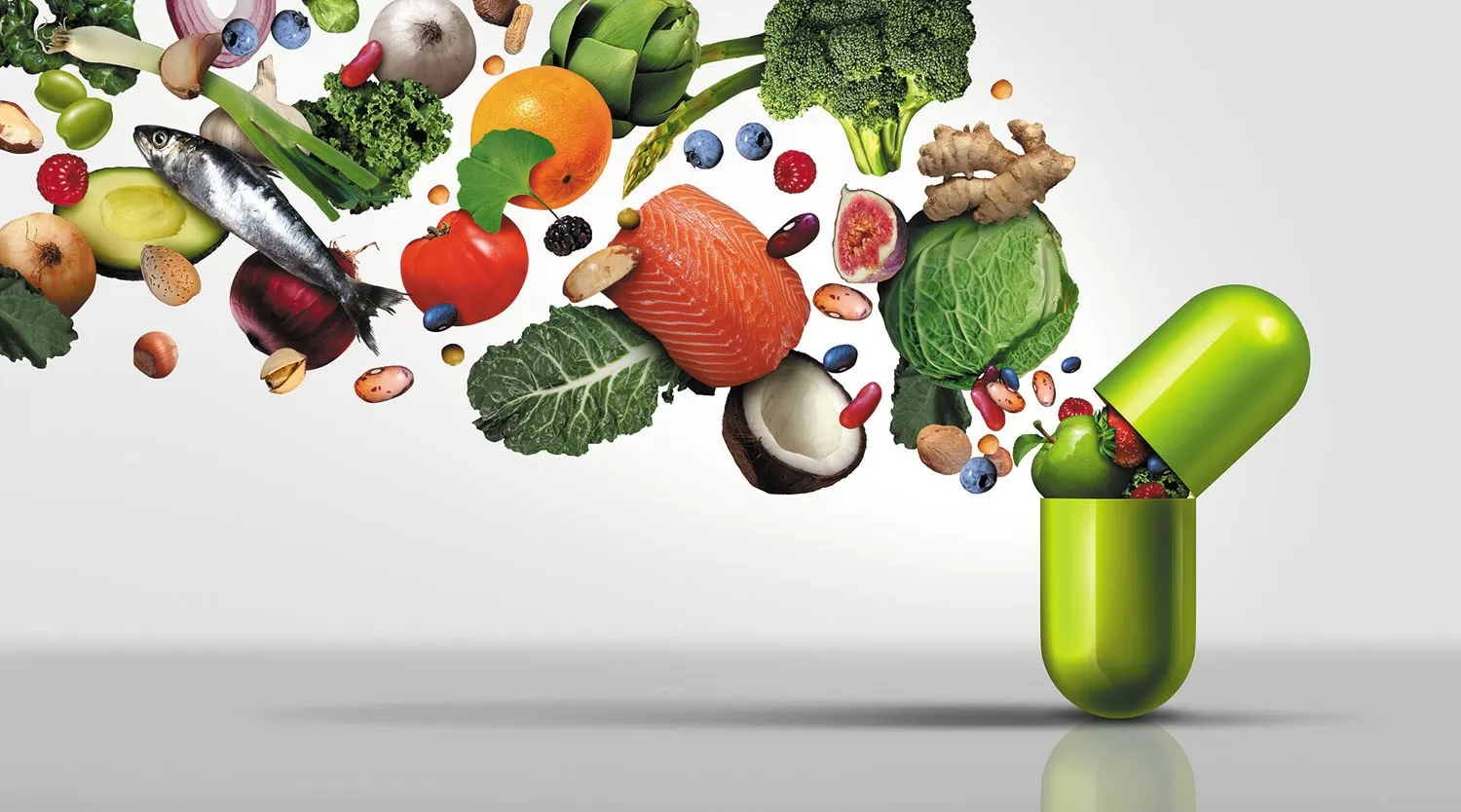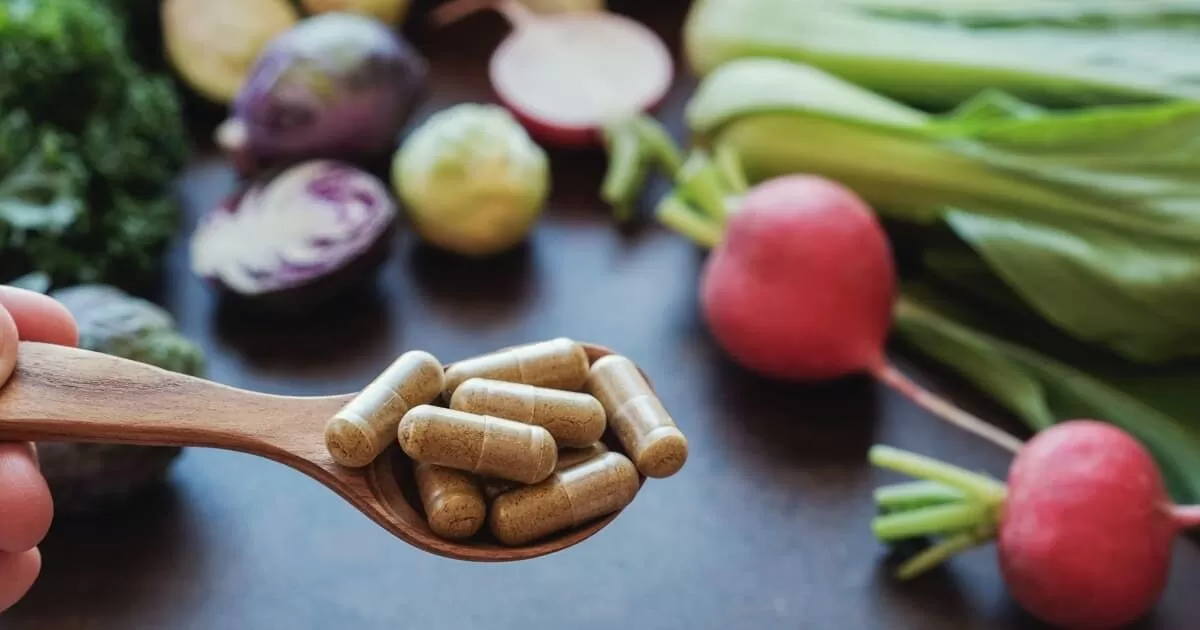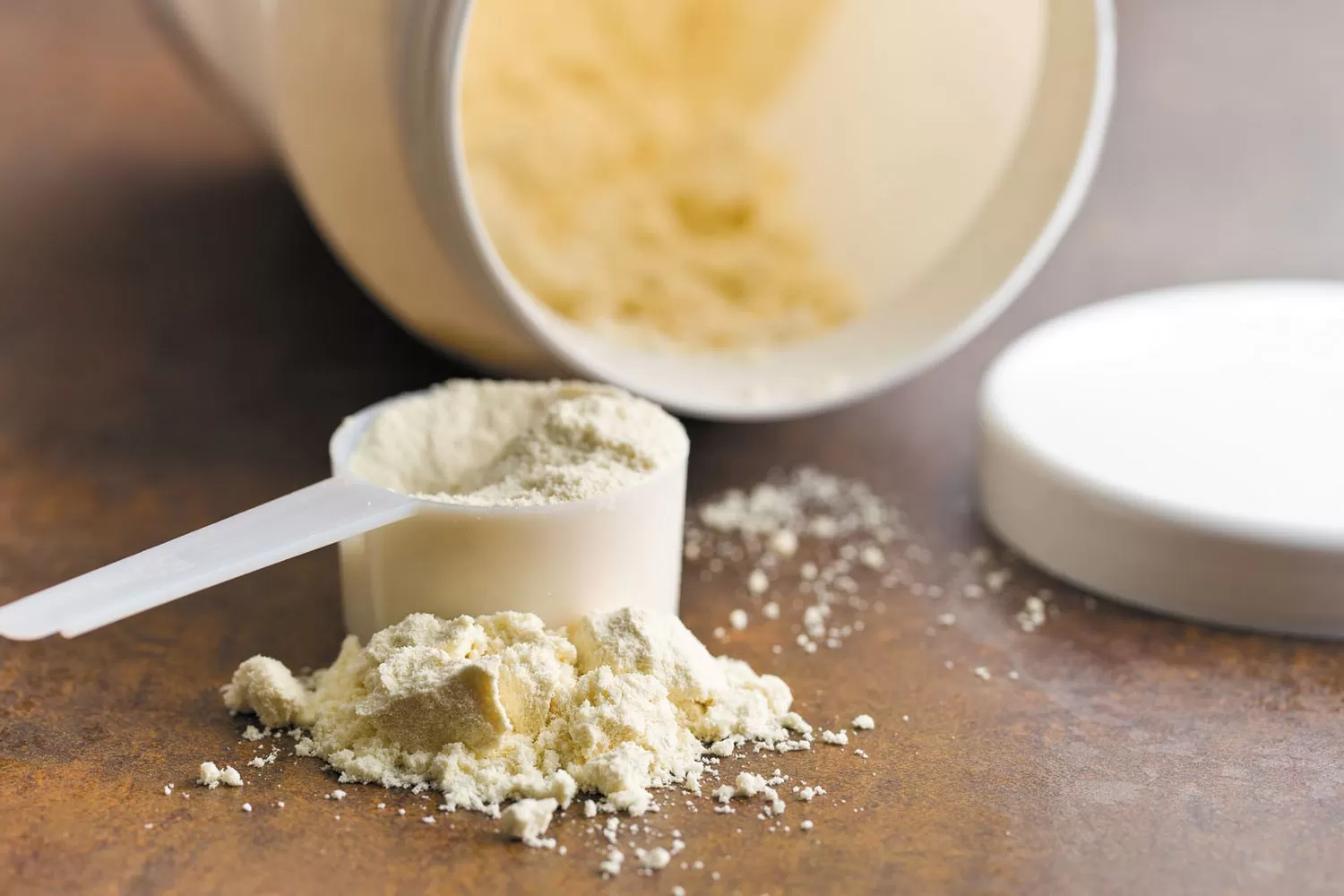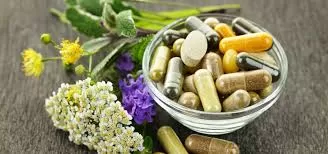- 0086-571-85302990
- [email protected]
Is "Nature's Gatorade" a Better Choice for Hydration?
2025-03-27
Homemade vs. Store-Bought Electrolyte Drinks: Exploring the Benefits of "Nature's Gatorade"
Social media has recently popularized a DIY electrolyte drink called "nature's Gatorade," claiming it offers hydration benefits similar to sports drinks like Gatorade, but without the added sugars, artificial sweeteners, or food dyes. This homemade concoction, made from lemon juice, lime juice, coconut water, filtered water, and salt, is touted as a healthier alternative to traditional sports drinks.
Understanding the Appeal of "Nature's Gatorade"
Sports drinks like Gatorade are designed to replenish fluids and electrolytes lost during exercise. However, they often contain high levels of sugar, artificial ingredients, and food dyes. "Nature’s Gatorade," made from natural ingredients, provides electrolytes without these potential downsides.
According to Julia Zumpano, RD, a dietitian at Cleveland Clinic’s Center for Human Nutrition, the key advantage of "nature's Gatorade" is its natural composition. “The ingredients are natural ways to provide electrolytes without the added sugar, artificial sweeteners, or food dyes, which can cause inflammation,” Zumpano explained.
Importance of Electrolytes for Hydration
Electrolytes, such as potassium, sodium, calcium, and phosphorus, are essential for hydration and maintaining fluid balance in the body. Exercise and sweating, as well as urination, can deplete these electrolytes.
In "nature’s Gatorade," coconut water provides potassium, salt provides sodium, and lemon and lime juices offer calcium and phosphorus, according to Zumpano. This makes the drink effective for replenishing electrolyte losses, similar to traditional sports drinks.
Health Benefits of "Nature’s Gatorade"
Like store-bought sports drinks, the main benefit of "nature’s Gatorade" is hydration. However, it also offers additional advantages, particularly for those aiming to reduce their sugar and calorie consumption.
“Gatorade honestly has a lot of sugar, and the homemade one is probably a healthier alternative,” said Abigail Collen, MS, RD, CDN, a dietitian at Mount Sinai. Reducing sugar intake can be beneficial for long-term health, particularly for individuals concerned about managing weight or reducing inflammation.
Enhancing "Nature’s Gatorade" with Extra Ingredients
Some people personalize "nature's Gatorade" by adding ingredients for additional health benefits:
- Beetroot Powder: This ingredient is rich in nitric oxide, which improves blood flow, and provides antioxidants with anti-tumor properties, said Collen.
- Celtic Salt: An alternative to table salt, Celtic salt adds extra minerals to the mix, according to Zumpano.
Since "nature’s Gatorade" won’t taste as sweet as traditional sports drinks, sweeteners such as fruit juice, agave, pure maple syrup, honey, or liquid stevia can also be added. However, Zumpano cautioned that using fruit juice for sweetness may increase the drink’s calorie content, making it comparable to Gatorade.
What to Consider Before Trying "Nature’s Gatorade"
Before adopting this hydration trend, consider your level of physical activity and whether you truly need an electrolyte drink. “When you’re exercising more than an hour, you lose a lot of salt through your sweat,” Collen noted. In that case, replenishing lost electrolytes with such drinks could be helpful.
However, for individuals who do not engage in vigorous exercise, an electrolyte drink may not be necessary—and could even contribute to excess sodium intake. “Most people in the United States consume too much salt, and this drink could compound that problem,” Collen warned.
Collen suggested that people who avoid processed foods and do not cook with salt could benefit more from this homemade electrolyte drink. For others, routine hydration with water is often sufficient unless intense physical activity is involved.
Summary
"Nature’s Gatorade" offers a natural alternative to store-bought sports drinks, with the potential to replenish electrolytes and keep your body hydrated without added sugar or artificial ingredients. While it can be a healthier choice for those regularly consuming sports drinks, its necessity depends largely on your exercise intensity and overall dietary salt intake.
Personalizing the recipe with ingredients like beetroot powder or Celtic salt can enhance its health benefits, but it’s important to balance your intake of calories and sodium. Consult with a dietitian or healthcare provider if you’re uncertain whether this trend is right for you. For most people, regular hydration with water may be enough to meet their daily needs.





